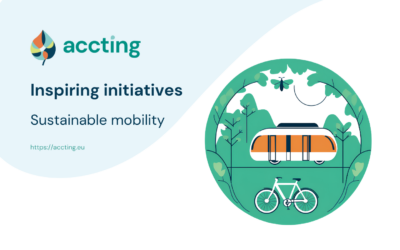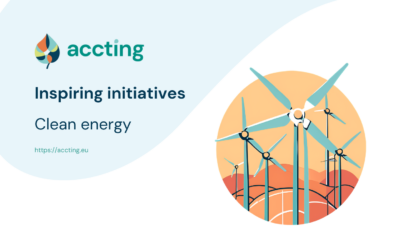As the ACCTING project reaches its final week, we are proud to share the results of its second cycle of research, which are now available in a series of Research Line Reports.
Building on the project’s first research cycle, this second round presents findings from 87 quasi-experimental case studies conducted across 13 countries and deepens our understanding of how communities, particularly those facing marginalisation, experience and respond to the challenges of climate transition.
The findings confirm that change is most effective when driven from the ground up, supported by inclusive policies and strong public infrastructure. They also reveal persistent structural barriers that hinder action, from economic hardship to inadequate transport, housing, or food systems. Despite these, grassroots initiatives continue to demonstrate resilience, creativity, and the capacity to drive meaningful transformation.
Each report focuses on one of ACCTING’s research lines and offers evidence-based insights that can help shape more inclusive sustainability policies and interventions.
Explore the Research Line Reports
Report on Research Line 1: Valorising local knowledge on natural hazards
Report on Research Line 2: Exploring Behavioural Change at Places Affected by Biodiversity Change from the Perspective of Vulnerable Groups
Report on Research Line 3: Leveraging Behavioural Change for Inclusive Energy Communities
Report on Research Line 4: Environmental Sustainability and Vulnerability: Cases of Micro-Enterprises led by Disadvantaged Entrepreneurs
Report on Research Line 5: Inclusive Food Security and Sustainable Healthy Eating
Report on Research Line 7: Cycling Initiatives for an Inclusive Mobility
Report on Research Line 8: Toward a Just Mobility Transition


